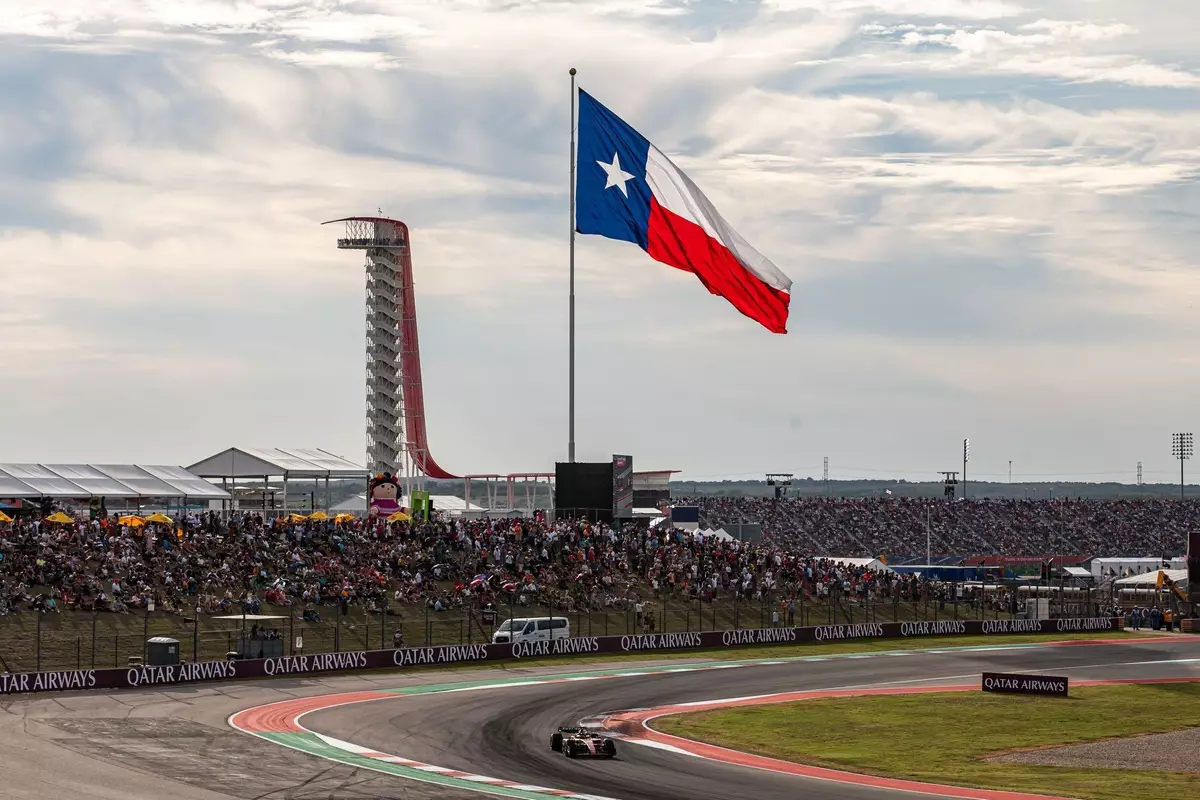In the wake of the post-Covid landscape, the world of Formula 1 is undergoing significant transformations. With household spending under pressure, securing ticket sales for Grand Prix weekends has become a challenging endeavor. Promoters are learning that simply hosting races is no longer sufficient; they must create an immersive experience that appeals to a wider array of spectators. This article explores how F1 is evolving to stay relevant in this competitive entertainment environment and the vital aspects influencing ticket sales and fan engagement.
Gone are the days when simply attending a race was enough to attract crowds. Today’s F1 events are being rebranded as motor racing festivals. This shift involves not just the excitement of the racing but also the addition of live music concerts, family-friendly entertainment, and experiences that allow fans to engage further with the event. It is evident that F1 promoters have recognized the need to expand the appeal of these events beyond just motorsport enthusiasts.
Music concerts featuring big-name artists have become essential, drawing a diverse crowd. For instance, events featuring renowned performers like Eminem are expected to pull in massive numbers, with projections indicating record attendance. The appeal of having a celebrated star performing alongside thrilling races speaks volumes about how F1 is reimagining its event structure, turning what was once a two-day racing spectacle into a full-blown weekend of entertainment.
While the excitement surrounding off-track festivities is undeniable, the on-track competition also plays a critical role in fan interest. Season 2024 started with concerns over the dominance of the Red Bull team, but as the championship evolved into a gripping battle, it rekindled interest among fans. Bobby Epstein, chairman of Circuit of the Americas, noted that ticket sales took a significant upswing when the race results became less predictable. This correlation highlights an essential aspect: fans are increasingly engaged when the competition is tight and unpredictable.
Furthermore, the modern fanbase is astute and well-informed. They are drawn to exhilarating races where outcomes are uncertain, showcasing that today’s spectator values maintaining an element of suspense and competition over merely attending a race. Epstein aptly pointed out that the gradual improvement in ticket sales across all F1 events reflects a wider trend in consumer behavior, where last-minute purchases are becoming more common as anticipation builds closer to the event date.
The upcoming USA Grand Prix weekend is set to be bustling, as it coincides not only with an exciting race but also with a major college football game. This intersection of sporting events opens up opportunities for cross-attendance, allowing fans to enjoy multiple high-energy experiences in one weekend. The combination of racing, football, and music presents an attractive package, further solidifying Austin’s reputation as a hub for entertainment.
Epstein’s anticipation for record-breaking attendance underscores the shift toward promoting an integrated sports experience instead of standalone events. The excitement surrounding the potential crossover appeal represents a strategy that enhances brand loyalty across different sporting disciplines. Those who might come for the singular thrill of F1 may find themselves equally compelled to partake in football and concert festivities.
With the reintroduction of the Las Vegas Grand Prix and its growing popularity, Austin’s F1 event faces new competitive dynamics. Epstein believes that while the Las Vegas GP garners attention and excitement, it complements rather than detracts from events like the one in Austin. The unique settings and distinct experiences offered by each location can actually enrich the fan experience overall rather than polarize it.
As Epstein noted, while competition exists, the return of diverse events only serves to elevate the sport. Las Vegas adds a glamorous spotlight that refreshingly redefines F1’s image, and in turn, events like Miami and Austin have their own unique identities that resonate with fans. The key here appears to be collaboration rather than competition, enhancing the sport’s overall global appeal while fostering a strong local fan base.
Formula 1 is embracing change, adapting to new consumer patterns and expectations in the sports entertainment industry. The emphasis on creating a multifaceted experience means that F1 must continually assess how to add value for fans while maintaining the thrilling essence of the races. As the organization continues to innovate, the combination of fierce competition, immersive entertainment, and improved fan engagement will be crucial in shaping the future landscape of this high-octane sport. With every Grand Prix, F1 is beginning to take on the characteristics of a grand spectacle, and its evolution promises to keep fans at the edge of their seats—whether they’re at the track or tuning in from afar.


Napsat komentář